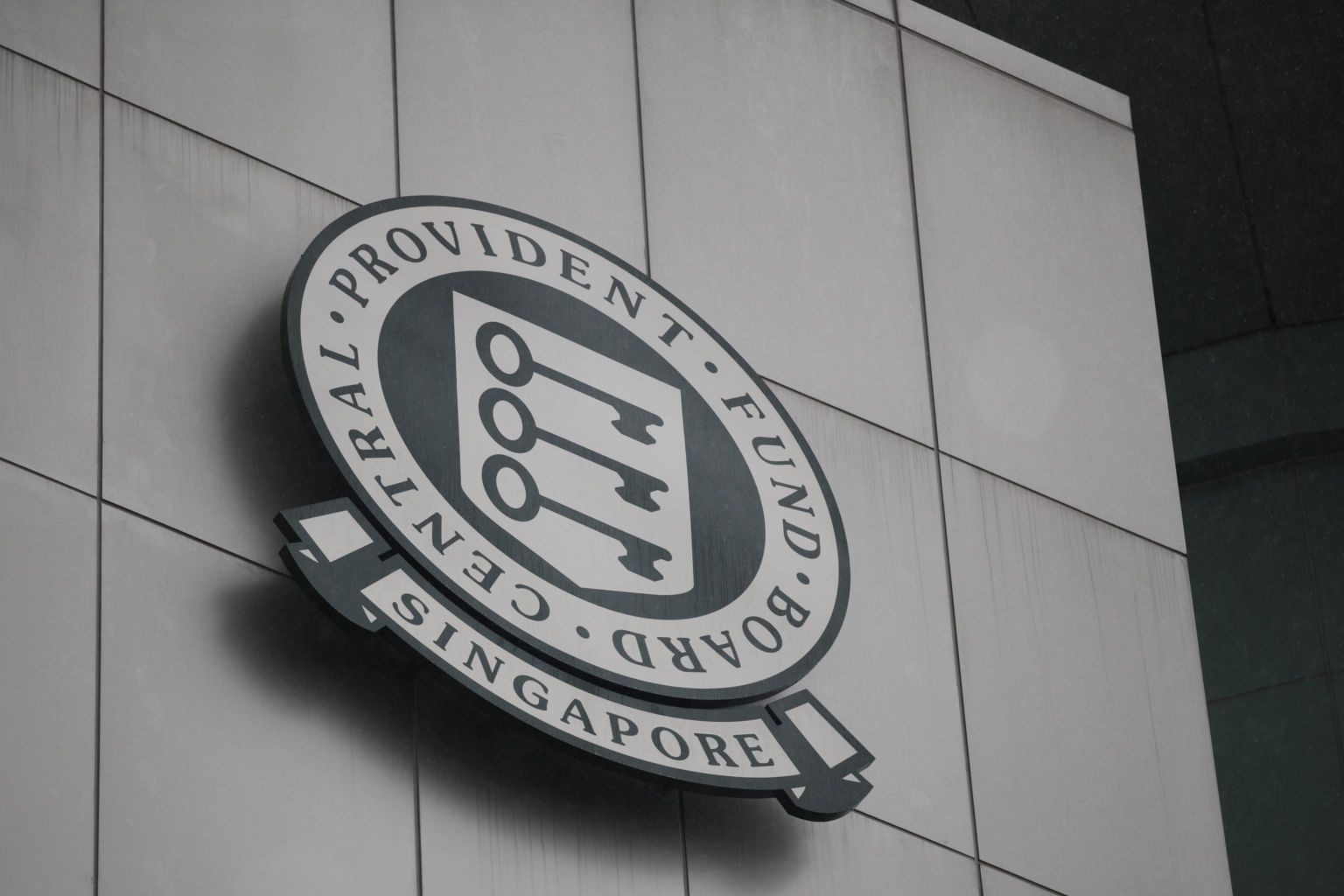New approach proposed to simplify payment of un-nominated CPF monies
Sign up now: Get ST's newsletters delivered to your inbox

The new approach is expected to be implemented by the second quarter of 2022 if the Bill is passed.
ST PHOTO: GIN TAY
SINGAPORE - Making claims for a dead family member's un-nominated Central Provident Fund (CPF) monies could soon be a quicker and simpler process.
A beneficiary representative approach, which would simplify this process, was proposed by the Ministry of Law (MinLaw) as part of the CPF (Amendment) Bill debated in Parliament on Monday (Nov 1).
The new approach is expected to be implemented by the second quarter of 2022 if the Bill is passed.
Under this approach, a beneficiary representative may be appointed to represent all eligible beneficiaries and make one consolidated claim for the dead CPF member's un-nominated CPF monies.
This is expected to cut the administrative burden on other beneficiaries and could halve the time needed to disburse the monies from the current three to six months, to one to three months.
Currently, all eligible beneficiaries must submit their information and supporting documents to the Public Trustee's Office (PTO), which administers applications by next of kin for un-nominated CPF monies.
MinLaw noted that it has received feedback that this process can involve significant time and effort and can be streamlined to be more efficient, particularly for smaller amounts.
The new approach would be applicable for adoption where the un-nominated CPF monies in the dead member's account do not exceed $10,000, in the following scenarios:
• Where the CPF member dies before the implementation of the new approach and there are unclaimed CPF monies as at the date of implementation, and there had been no previous distribution of the dead member's CPF monies through the current process.
•Where the CPF member dies on or after the date of implementation.
In cases where the un-nominated monies in the dead member's CPF account exceed $10,000, the current process of submitting documents to the PTO for direct disbursements will continue to apply.
In its statement, MinLaw noted that a beneficiary representative must be an eligible beneficiary according to the rules of distribution under the Intestate Succession Act or the Administration of Muslim Law Act.
An eligible beneficiary must be one of the following next of kin of the dead CPF member: spouse, child, parent, sibling, grandparent or uncle or aunt.
There can be only one beneficiary representative for each application. In the event of a dispute over the nomination of a representative, the PTO will not proceed with the application until a consensus has been reached among the beneficiaries.
Should the beneficiaries fail to reach an agreement, they will need to resubmit their application under the standard administration process, whereby the PTO distributes the deceased CPF member's un-nominated CPF monies directly to all the eligible beneficiaries.
More information on the application process under the new approach will be released at a later date.


